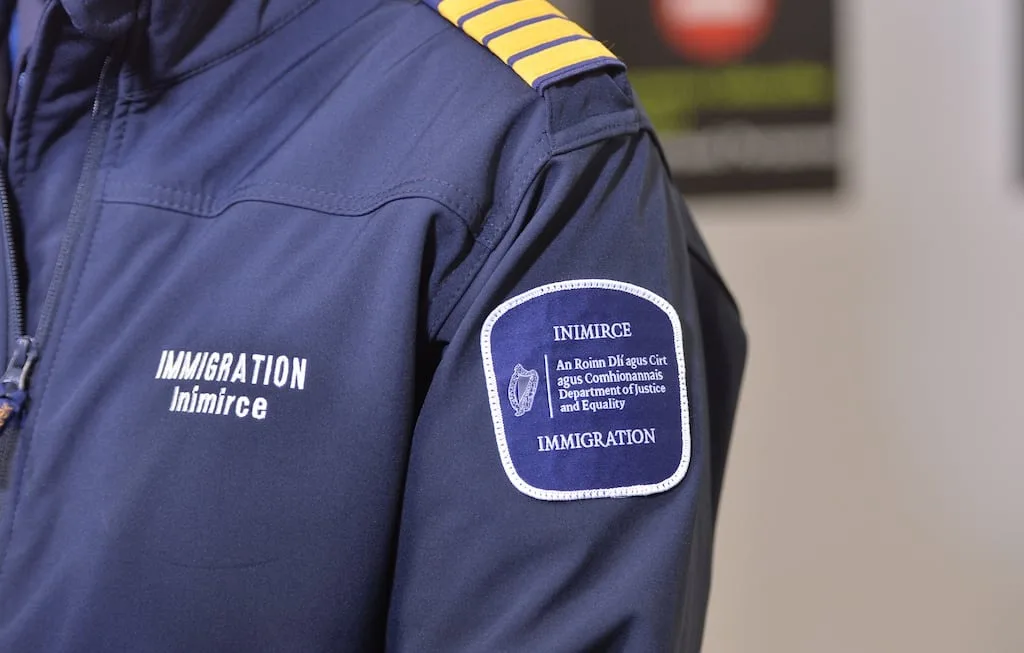In a significant move to tighten border security, Dublin has ramped up its screening processes at the airport, with a notable spike in ‘doorstep’ passport checks targeting flights arriving in the capital. This initiative is part of a broader effort to curb the entry of individuals lacking the necessary travel documents, particularly aimed at potential asylum seekers.
July witnessed an unprecedented enforcement with approximately 2,000 doorstep operations conducted by the Border Management Unit in collaboration with the Garda National Immigration Unit. This marked a sharp increase in the airport’s security measures, affecting around 6.5% of all incoming flights. The heightened scrutiny underscores Ireland’s commitment to maintaining stringent entry protocols.
The initiative follows revelations from last year that an alarming 40% of asylum applicants had either misplaced or deliberately destroyed their travel documents prior to undergoing immigration checks. This tactic, officials suggest, is employed by some entrants to aid their asylum claims by arriving without identifiable paperwork. The doorstep checks are strategically placed at the jet bridges, serving as a preliminary barrier to catch such attempts before the individuals can discard their documentation.
During the first seven months of 2024 alone, over 4,500 flights underwent these rigorous inspections upon arrival in Dublin, doubling down on efforts to ensure that every individual entering the country is appropriately documented. The strategic placement of these checks aims to intercept those who may attempt to dispose of their passports post-flight but pre-immigration, effectively reducing the incidence of undocumented entries.
Authorities are keen on these operations not just as a deterrent but as a necessary step to uphold the integrity of the nation’s immigration laws. The operations also help in accurately assessing the volume of arrivals and their eligibility for entry based on valid travel documents, thereby streamlining the processing at immigration control points.
While these measures have led to some delays and additional waiting times for passengers, the overall feedback from the public has been understanding of the necessity for such security enhancements. The operations are seen as crucial to safeguarding the nation’s borders against illegal entry and ensuring that the asylum process is used as intended by genuine refugees and not exploited.
As Ireland continues to adapt its border management strategies, these enhanced checks are likely to become a more regular feature at Dublin Airport, reflecting the country’s proactive stance on national security and immigration control.
